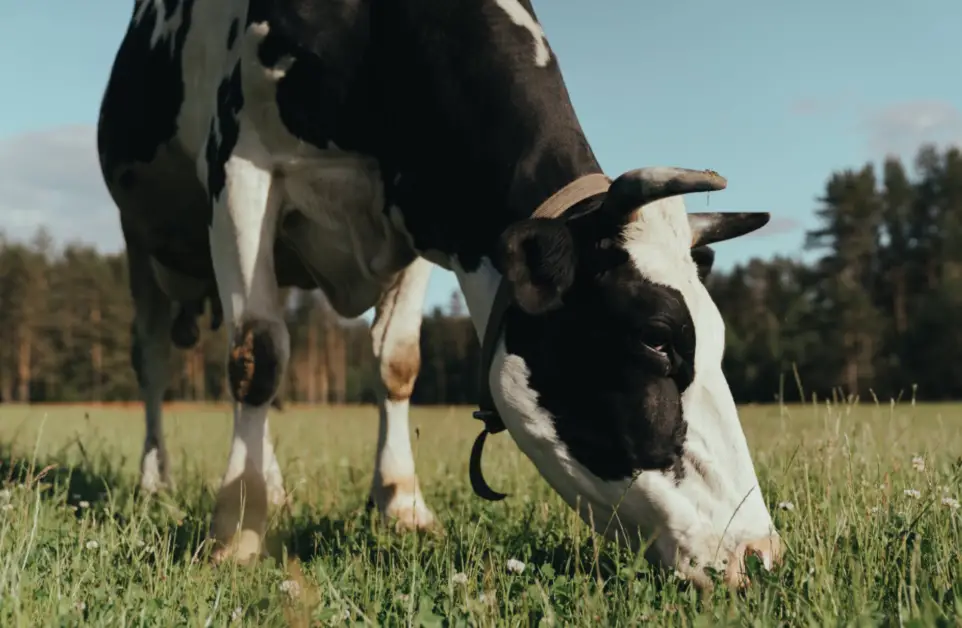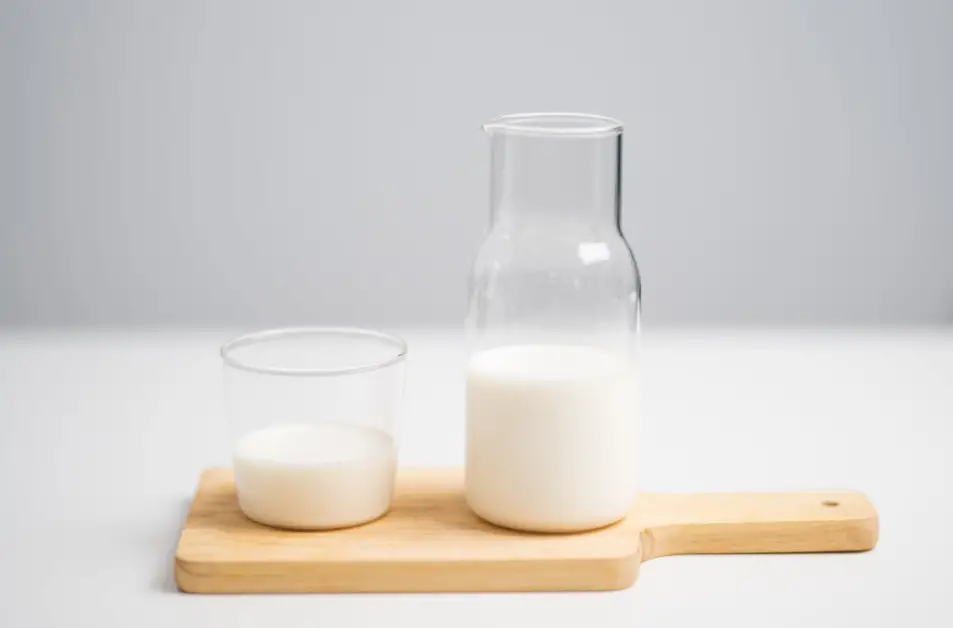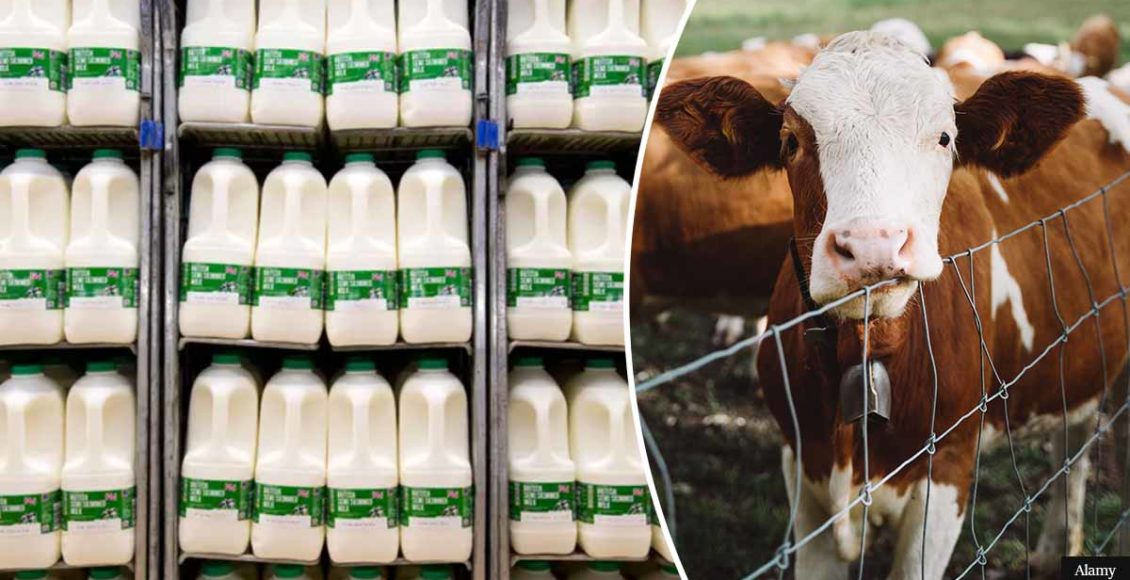Cow’s milk without cows? A start-up company has raised $13M seed funding to make diary products not from animals, but from microorganisms.

A Tel Aviv-based start-up called Imagindairy has found a new way of producing dairy without the need for animals.
Instead of milking a cow to get cow’s milk, the scientists at the company insert DNA instructions for the production of whey and casein into microorganisms. They have chosen these two components, as they are principle milk proteins, Unilad notes.
After inserting the DNA, they add plant-based fat, sugar, and water to the mix. That’s how they make cow’s milk without cows!
The futuristic milk is set to hit the Israeli market by 2023.
Since the process of making the milk is cruelty-free, Imadindairy has a tremendous opportunity to transform the food and drinks industry. What’s more, as the animals and the methane used for generating milk are out of the picture, their products are also environmentally conscious.

According to a UN Environmental Programme (UNEP) report, methane is responsible for “30% of global warming since pre-industrial times.”
Imagindairy founder and chief executive Eyal Afergan stated:
“It’s hard for people to make big changes, especially when it comes to the foods they enjoy, but when there’s an alternative with the same flavor and experience that is more aligned to their values, it becomes easy.”
At present, the only other company that offers cow-free dairy is Perfect Day.
However, they only produce small commercial amounts, making them unsuitable for the mass market.
Imagindairy’s CEO added:
“Nobody would buy a bottle of milk for US$50 or even for US$15; therefore, cost-effective production is the key factor to driving a real change in the way we consume dairy products.”

Afergan’s goal of making his company’s products animal-free, environmentally friendly, and affordable could be a massive step in the right direction when it comes to tackling the climate crisis.
Stephanie Jaczniakowska-McGirr, the head of food industry and retail at ProVeg International, commented:
“We are on our way to a complete transformation of the food system that would help us to meet the 1.5C climate target.”



